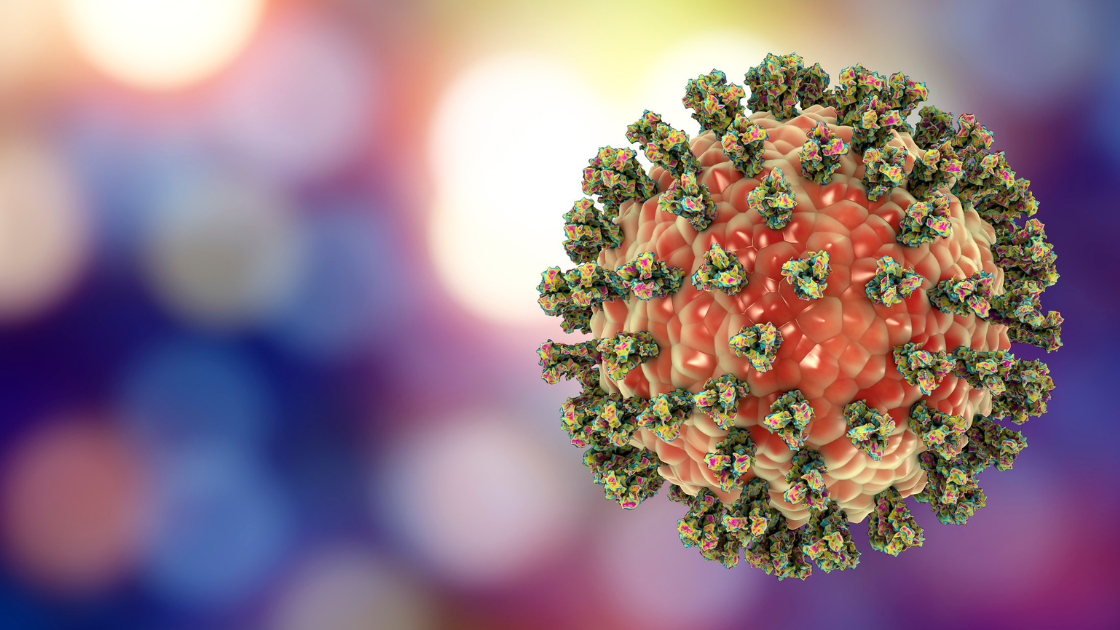11 Signs and Symptoms of a Leaky Gut
Presented by Immanence Health
Written by Dr. Irina Strelyuk
In a healthy digestive system only certain small particles are allowed to cross the intestinal wall and pass through into the bloodstream.
Leaky gut, or intestinal hyperpermeability, is when the lining of the intestines becomes damaged and food particles, pathogens, or toxins are able to “leak” or cross through the intestines and make their way into the bloodstream.
Symptoms of leaky gut are broad and may involve various systems in the body that go far beyond the digestive tract. The good news is that leaky gut is treatable. However if left untreated, leaky gut can set you up on a path to chronic illness.
Here are 11 signs and symptom that may indicate a leaky gut:
- Gastrointestinal issues such as stomach pain, gas, bloating, constipation, diarrhea, IBS (irritable bowel syndrome)
- Allergies, food allergies and/or sensitivities, seasonal allergies, and asthma
- Nutrient malabsorption
- Fatigue
- Skin conditions including acne and eczema
- Mood issues, depression, anxiety
- Brain fog, difficulty concentrating, trouble remembering and learning, ADD (attention deficit disorder) or ADHD (attention deficit hyperactivity disorder)
- Hormonal imbalances, irregular periods, PMS (premenstrual syndrome) or PCOS (polycystic ovary syndrome)
- Weight gain or difficulty loosing weight
- Inflammatory bowel diseases such as Crohn’s disease and ulcerative colitis
- Autoimmune conditions like celiac disease, Hashimoto’s thyroiditis, lupus, multiple sclerosis, psoriasis and rheumatoid arthritis
What Causes Leaky Gut & Health Tips On How To Heal The Gut Lining
- Food
- A poor diet consisting of processed foods is one of the factors for developing leaky gut. Gluten, a protein found in wheat, barley and rye has been shown to contribute to development of leaky gut.
Health Tips:
- Avoid gluten, sugar, alcohol, and processed foods.
- Identify your specific food sensitivities; an elimination diet is gold standard for this. Avoid dairy, eggs, corn, soy, and nightshades for 3-4 weeks and then reintroduce the foods one by one every few days, paying attention to symptoms.
2. Toxins
- This includes herbicides and pesticides. For example, Glyphosate (an active ingredient in Roundup®) may be the most well known pesticide used around the world and it contributes to damaging the gut lining.
- Exposure to heavy metals such as mercury, lead, cadmium and arsenic can irritate the lining of the gut.
- Medications such as NSAIDs (Non-Steroidal Anti-Inflammatory Drugs) examples of which are acetaminophen (Tylenol) and ibuprofen, antibiotics, steroids, acid-reducing medications. These medications damage the gut lining.
Health Tips:
- Eat organic as much as possible to reduce exposure to pesticides and herbicides.
- Identify the source of heavy metal exposure and remove source.
- Treat the root cause of underlying condition for which you are taking the mentioned medications and have a discussion with your doctor about safer alternatives.
3. Pathogens
- Bacteria, fungi (candida and yeast), parasites and viruses can negatively impact the gut lining.
Health Tips:
- Work with a practitioner who does Autonomic Response Testing (ART) and/or do stool testing to look for various pathogens. Use antimicrobial herbs to address the infections and probiotics to help rebalance the gut microbiome.
4. Emotional Stress and Trauma
- The mind-body connection is real and chronic emotional stress and trauma can lead to physical changes in the body and make you more susceptible to developing leaky gut.
Health Tips:
- Create daily rituals to help calm and balance your nervous system. A balanced nervous system will help you heal faster.
- Work with a practitioner skilled in addressing trauma to help process it from your body.
To summarize, leaky gut develops when the lining of the gut becomes damaged and things inside the digestive tract begin leaking into the bloodstream. Treatment of leaky gut includes optimizing diet, lowering the toxic load, addressing pathogens and balancing the microbiome, and last but not least processing emotions and trauma and developing strategies for dealing with stress.
About Dr. Irina Strelyuk
Dr. Strelyuk specializes in Complex Chronic Illness, Mold and Mycotoxin Illness, Vector-Borne Illness, Immune Dysfunction, and Health Optimization.
A typical patient for Dr. Strelyuk is someone who has already seen several doctors and specialists. A person with relatively normal lab results that do not match the long list of symptoms they are experiencing, as well as individuals who tend to be more sensitive to various treatments including herbs, supplements, and homeopathic remedies.
In addition to working with people with chronic illnesses, Dr. Strelyuk enjoys supporting individuals who are interested in preventative medicine and in optimizing their health before symptoms appear.
To learn more about working with Dr. Irina Strelyuk in person or virtually (US and Worldwide), set up a free discovery call with our team.
References:
https://www.ncbi.nlm.nih.gov/5440529/
https://pubmed.ncbi.nlm.nih.gov/31076401/
https://pubmed.ncbi.nlm.nih.gov/29094594/
https://pubmed.ncbi.nlm.nih.gov/26528128/
https://pubmed.ncbi.nlm.nih.gov/32051759/
https://pubmed.ncbi.nlm.nih.gov/28061975/
https://pubmed.ncbi.nlm.nih.gov/PMC4637104/
https://pubmed.ncbi.nlm.nih.gov/PMC6313445/
https://pubmed.ncbi.nlm.nih.gov/PMC6140100/
https://pubmed.ncbi.nlm.nih.gov/16635908/
https://pubmed.ncbi.nlm.nih.gov/PMC6587489/
Disclaimer: this post is for informational purposes only and is not meant to treat, diagnose, cure, or prevent any disease. Please do your own research and consult with your own personal licensed health care provider before making any treatment decisions.
Share Article

Dr. Christine Schaffner
Founder / Physician
Dr. Schaffner is a board-certified Naturopathic Doctor and recognized thought leader. After graduating from Bastyr University in Seattle, Washington, Dr. Schaffner completed her undergraduate studies in Pre-medicine and Psychology at the University of Virginia in Charlottesville.
With her diverse skill set, Dr. Schaffner seeks to improve access, outcomes, and speed of recovery for patients struggling with chronic illness, from all around the world and combines both naturopathic and conventional therapies to develop individualized treatment plans that focus on addressing the underlying cause of complex chronic illness.
Dr. Schaffner is passionate about educating patients, as well as other practitioners, bringing the most advanced medical protocols to all, as well as creating spaces for healing and rejuvenation. Her style of practice is strongly rooted in traditional naturopathic principles, including removing toxins and establishing a strong health foundation in order to achieve optimal health.
You can learn more about Dr. Schaffner at www.drchristineschaffner.com.
Additional Articles


